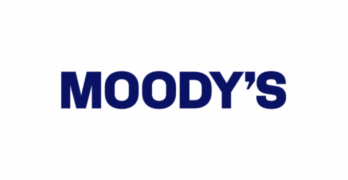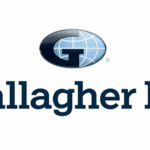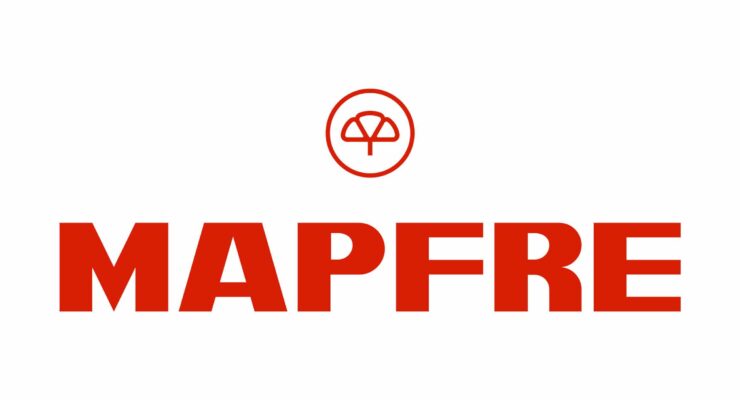MAPFRE RE has returned to the catastrophe bond market by sponsoring a new €125 million, three-year issuance specifically designed to protect its European risk portfolio against extreme wind events, … [Read More...] about MAPFRE RE secures €125m cat bond targeting European wind risk
Main Content
P&C Insurance

MAPFRE RE secures €125m cat bond targeting European wind risk

Beazley reveals new Bermuda platform as 9M’25 premiums rise
As specialist insurer Beazley announces a solid set of results for the first nine months of 2025, including a 1% year-on-year rise in insurance written premiums, the London headquartered firm has also … [Read More...] about Beazley reveals new Bermuda platform as 9M’25 premiums rise

Moody’s notes steadier growth in US life insurers’ CLO Holdings
The credit analysis and research firm Moody’s Ratings reports that US life insurers continue to expand their investments in collateralised loan obligations, though the pace of increase has become more … [Read More...] about Moody’s notes steadier growth in US life insurers’ CLO Holdings
Independent Agency News
Featured Stories

Gallagher Re Chairman Paddy Jago to retire in 2026
Patrick (Paddy) Jago, Chairman of global reinsurance brokerage Gallagher Re, is set to retire at the end of 2026, concluding a 50-year career in the industry. During his time as Global Chairman, Jago served on the executive committee, working closely with the … [Read More...] about Gallagher Re Chairman Paddy Jago to retire in 2026

European and US P&C markets heading towards “progressively softer” environment: Autonomous
The global insurance industry is heading towards a “progressively softer market environment,” with pricing momentum deteriorating across most European and US property and casualty (P&C) lines, according to a recent Autonomous report. While the report … [Read More...] about European and US P&C markets heading towards “progressively softer” environment: Autonomous

Elias Habayeb to succeed Mark Kociancic as Everest Group CFO
Bermuda-based insurer and reinsurer, Everest Group, has appointed Elias Habayeb as Executive Vice President (EVP) and Group Chief Financial Officer (CFO), effective on or around May 1st, 2026. He succeeds Mark Kociancic, who has decided to retire from the … [Read More...] about Elias Habayeb to succeed Mark Kociancic as Everest Group CFO

Fitch upgrades MAPFRE’s credit rating on strong business performance, assigns stable outlook
Rating agency Fitch has upgraded the credit rating for Spanish insurance company MAPFRE, assigning an ‘A’ issuer rating, up from ‘A-’, with a stable outlook. Fitch attributed this credit rating decision to the company’s improved business performance and … [Read More...] about Fitch upgrades MAPFRE’s credit rating on strong business performance, assigns stable outlook

HRP Syndicate 2689 at Lloyd’s announces key leadership appointments
HRP Syndicate 2689 at Lloyd’s, a specialist insurance syndicate known for providing underwriting solutions across diverse sectors, has named Giancarlo D’Alessandro as its new Active Underwriter. Additionally, Leah Rose has been appointed as syndicate CEO, … [Read More...] about HRP Syndicate 2689 at Lloyd’s announces key leadership appointments
